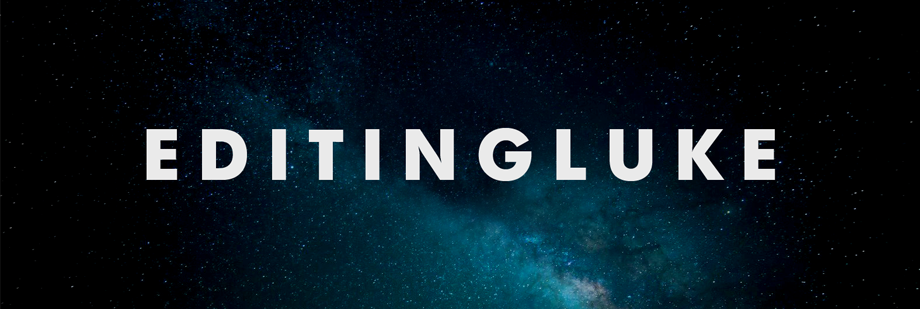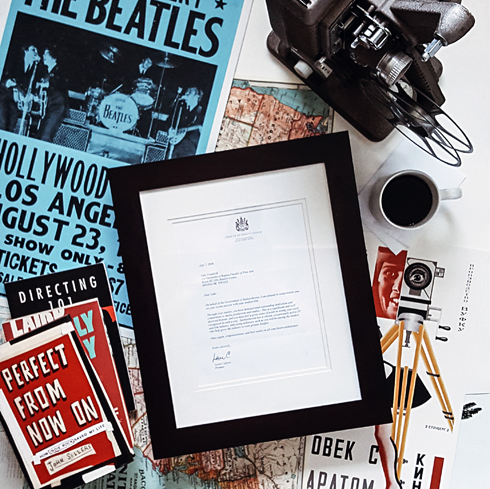
10 years ago I was taking some classes over the summer at film school and had just started the Editing Luke website. It was around this time in 2007 that YouTube had really started to explode, however there wasn't nearly as much strategy behind putting videos online back then. There was also nothing particularly surprising about two film students, however amateur, wanting to experiment with our own content on this brand new platform.
Let me just say that my friend Tyler and I knew from the start how ridiculous the idea was, but with my old '89 Buick and a love for Back to the Future, we at least had a great title! YouTube was really the wild west back then, and it was pretty clear that it was transforming the kinds of content that people were watching. Ironically, I'm not sure we mused much about the future when making these videos, we just wanted to give it a go!
That summer the Buick to the Future episodes were watched over 10,000 times, which in my 2007 mind probably felt like the whole world. I know the videos circulated with our friends around the university and I remember people telling me at dorm parties that fall that they thought they were hilarious. It all seems so innocent now.
I can't help but be nostalgic for these cheesy videos, not because they're all that great themselves, but because the experience of making them and sharing them online radically influenced the direction my career took. In the decade that I've shared my film related experiences on this site, it's kind of amazing to look back at such a humble beginning and see the thread of how it lead to my media company, numerous, bigger projects, and the ability to reach wider audiences.
I sometimes have to remind myself just how quickly the online video world has changed - YouTube wasn't HD or widescreen in 2007. Facebook videos were barely even a thing yet, and cell phones shooting video was cutting edge. The technology has come a long way, and naturally so have we in how we use it. As it turns out, the only time traveling we'd be doing with Buick to the Future would be while reflecting on how much time has gone past since it was made.















































